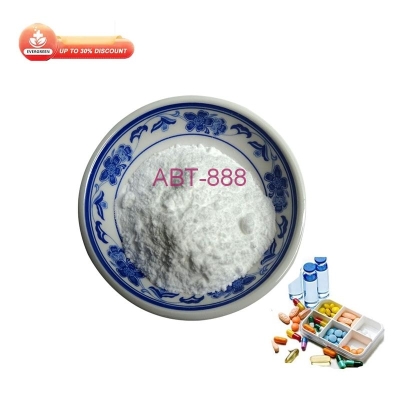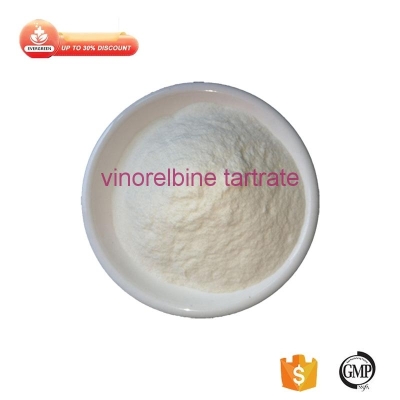-
Categories
-
Pharmaceutical Intermediates
-
Active Pharmaceutical Ingredients
-
Food Additives
- Industrial Coatings
- Agrochemicals
- Dyes and Pigments
- Surfactant
- Flavors and Fragrances
- Chemical Reagents
- Catalyst and Auxiliary
- Natural Products
- Inorganic Chemistry
-
Organic Chemistry
-
Biochemical Engineering
- Analytical Chemistry
- Cosmetic Ingredient
-
Pharmaceutical Intermediates
Promotion
ECHEMI Mall
Wholesale
Weekly Price
Exhibition
News
-
Trade Service
Atorvastatin is a widely prescribed medication for treating high cholesterol levels in the blood.
It is a member of the statin class of drugs, which work by inhibiting an enzyme in the liver that is involved in the production of cholesterol.
Atorvastatin is known to be effective in reducing low-density lipoprotein (LDL) cholesterol levels, also known as the "bad" cholesterol, and has been proven to reduce the risk of cardiovascular disease.
However, atorvastatin can also contain impurities, one of which is known as 3-(4-Fluorobenzoyl)-2-isobutyryl-3-phenyl-oxirane-2-carboxylic acid phenylamide.
This impurity, also known as Epoxide impurity, or 20 mg, is a known carcinogen and is believed to pose a significant health risk to patients taking atorvastatin.
20 mg of Atorvastatin related compound D (Epoxide impurity) is an impurity that is present in trace amounts in some atorvastatin formulations.
Studies have shown that this impurity is a potent inducer of cytochrome P450 3A4 (CYP3A4), an important enzyme in the liver that is involved in the metabolism of many drugs.
CYP3A4 is responsible for breaking down a wide range of medications, including not only atorvastatin but also many other drugs that are commonly prescribed.
Because of its ability to induce CYP3A4, 20 mg of Atorvastatin related compound D can reduce the effectiveness of other medications and increase their metabolism, leading to potentially harmful side effects.
There is also evidence to suggest that 20 mg of Atorvastatin related compound D may be carcinogenic.
Studies in animals have shown that this impurity can cause cancer, particularly in the liver and lungs.
While it is not clear whether this impurity poses the same risk in humans, the evidence from animal studies is concerning and warrants further investigation.
In addition, some studies have suggested that 20 mg of Atorvastatin related compound D may also have other harmful effects, such as on the kidneys and pancreas.
Despite the potential health risks associated with 20 mg of Atorvastatin related compound D, it is still being produced and sold in some countries.
This is concerning because it means that patients who are taking atorvastatin may be unknowingly exposed to this impurity and its potentially harmful effects.
It is also concerning because it highlights the need for better quality control measures in the pharmaceutical industry to ensure that impurities like 20 mg of Atorvastatin related compound D are not present in medications in significant amounts.
In conclusion, Atorvastatin related compound D (Epoxide impurity or 3-(4-Fluorobenzoyl)-2-isobutyryl-3-phenyl-oxirane-2-carboxylic acid phenylamide) is a known carcinogen and can pose a significant health risk to patients taking atorvastatin.
It is important for patients to be aware of the potential risks associated with this impurity and to talk to their doctor about the potential effects on their health.
It is also important for pharmaceutical companies to take steps to ensure that their products are of high quality and do not contain harmful impurities.







